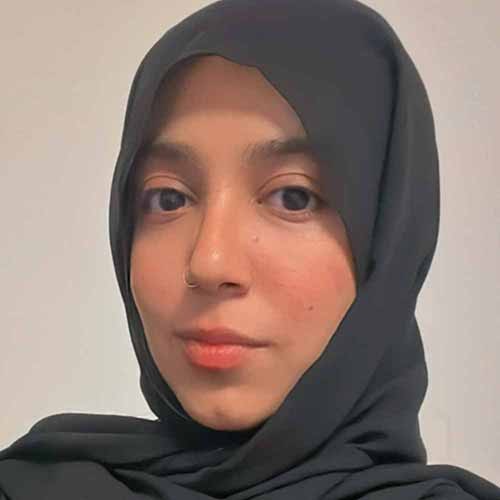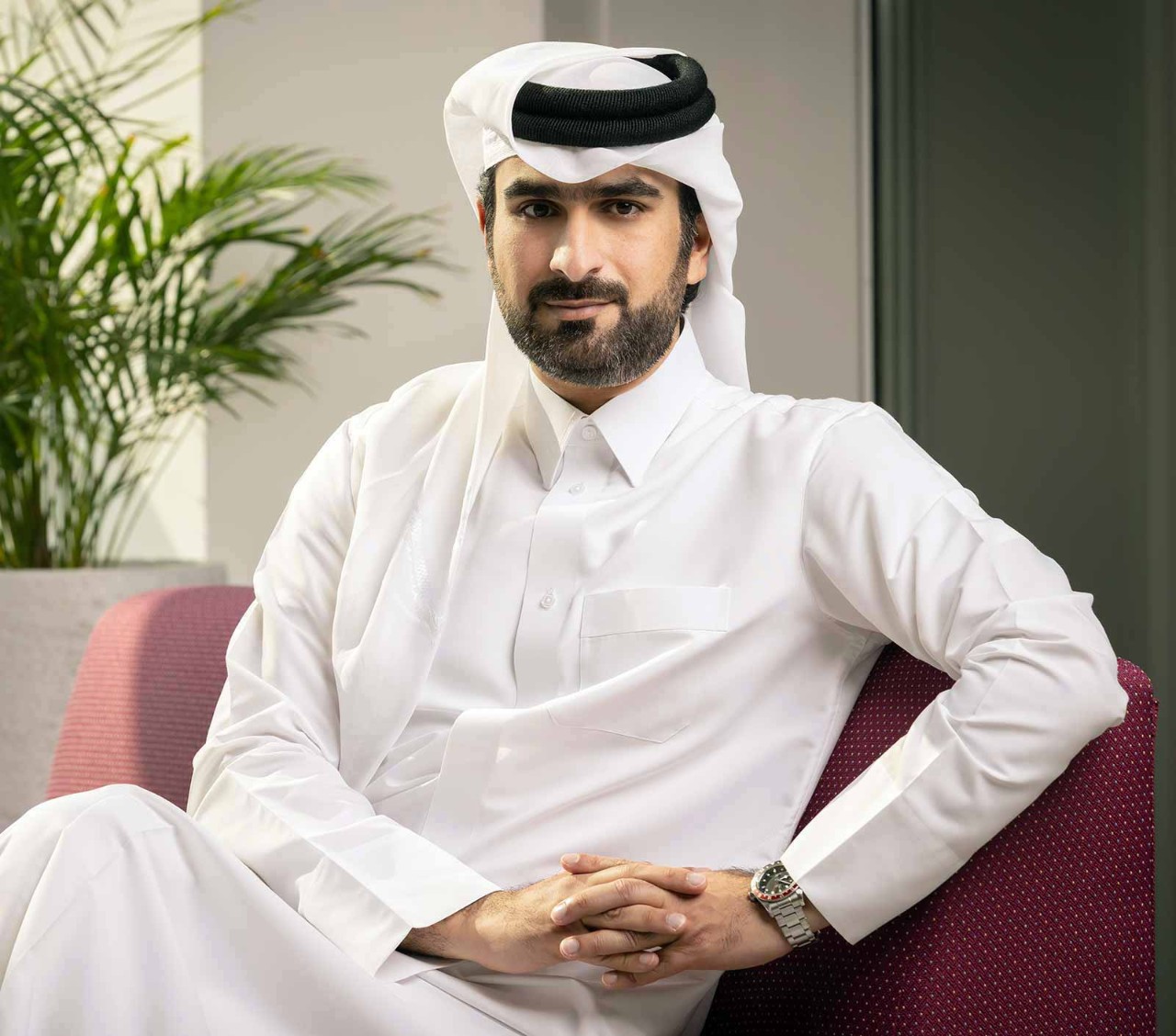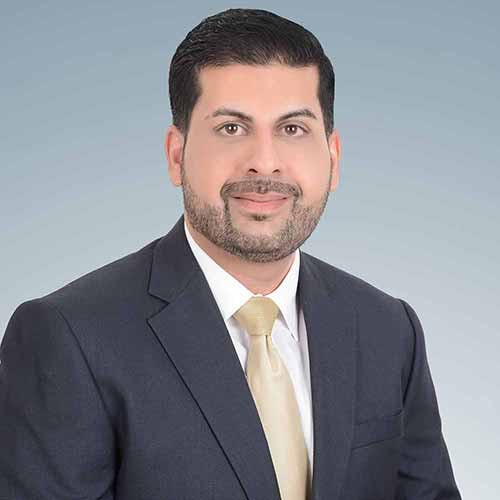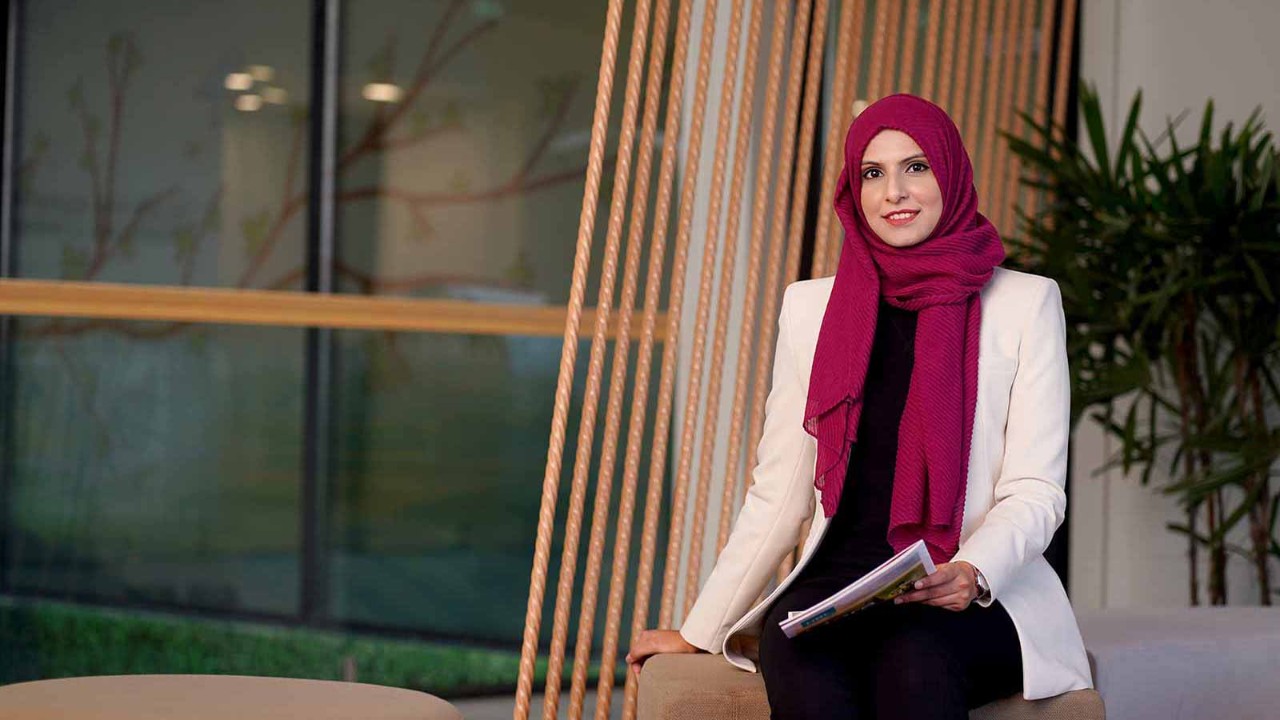
Last year, after more than a decade of assignments in the Middle East and Europe for food and beverage multinational company Nestlé, a promotion to CFO for the Pakistan division took Komal Altaf back to her homeland.
She returned at what were, and still are, testing times for the country. ‘Pakistan is going through an unprecedented economic challenge,’ says Komal. Interest rates are their highest ever at 22%, with inflation over 30% (in September). Meanwhile, in August the country’s currency hit a record low against the US dollar, while a dollar shortage has forced many local factories to temporarily halt production. ‘In such a crisis, it is imperative we remain resilient and agile while ensuring business continuity,’ she adds.
‘Growth mindset is being open to learn from every situation’
Taking on a new role while an economic crisis is unfolding may not be everyone’s idea of a dream job, but for Komal, the opportunity to put her skills and expertise to the test is what sets her apart as a successful accounting professional. And, while she acknowledges that she has a knack for being in post while a recession is starting to take hold – ‘with every new role there is some sort of economic emergency going on’ – she points to resilience and patience as key attributes for steering the business through.
Growth mindset
Never shying away from a challenge has been integral to her growth as a professional who began her accounting career after high school, joining EY Dubai as a consultant at just 18. Although the firm’s youngest employee, Komal had an edge: she had already passed the first three papers for the ACCA qualification, which her mother had steered her towards after learning about the organisation at a university careers event. She went on to score the highest marks globally in one of the ACCA exams. Later, Komal would complete a BSc in applied accounting through ACCA’s partnership with the UK’s Oxford Brookes University.
In her view, failure is not to be avoided; rather, it should be treated as a stepping stone. ‘Growth mindset is being open to learn from every situation,’ she says.
CV
2022
CFO, Nestlé Pakistan
2020
Country controller, GCC and Levant, Nestlé Middle East
2016
Sales controller Europe, Nestlé, Switzerland
2014
Business controller – confectionery, Nestlé, Dubai
2013
Finance projects manager, Middle East, Nestlé, Dubai
2012
Internal auditor, Middle East, Nestlé, Dubai
2008
Senior consultant, advisory services, EY Dubai
Komal joined Nestlé in 2012 and after being regularly promoted to new roles in the company that saw her move into a variety of divisions and territories, including a stint in Switzerland, she became a country controller for eight countries including Lebanon, in 2020. Within days of stepping into this role, Lebanon faced multiple challenges – political, social and financial – followed by a sovereign default a few months later.
‘More than 60% of the Pakistani population live in rural areas; we support women to become rural entrepreneurs’
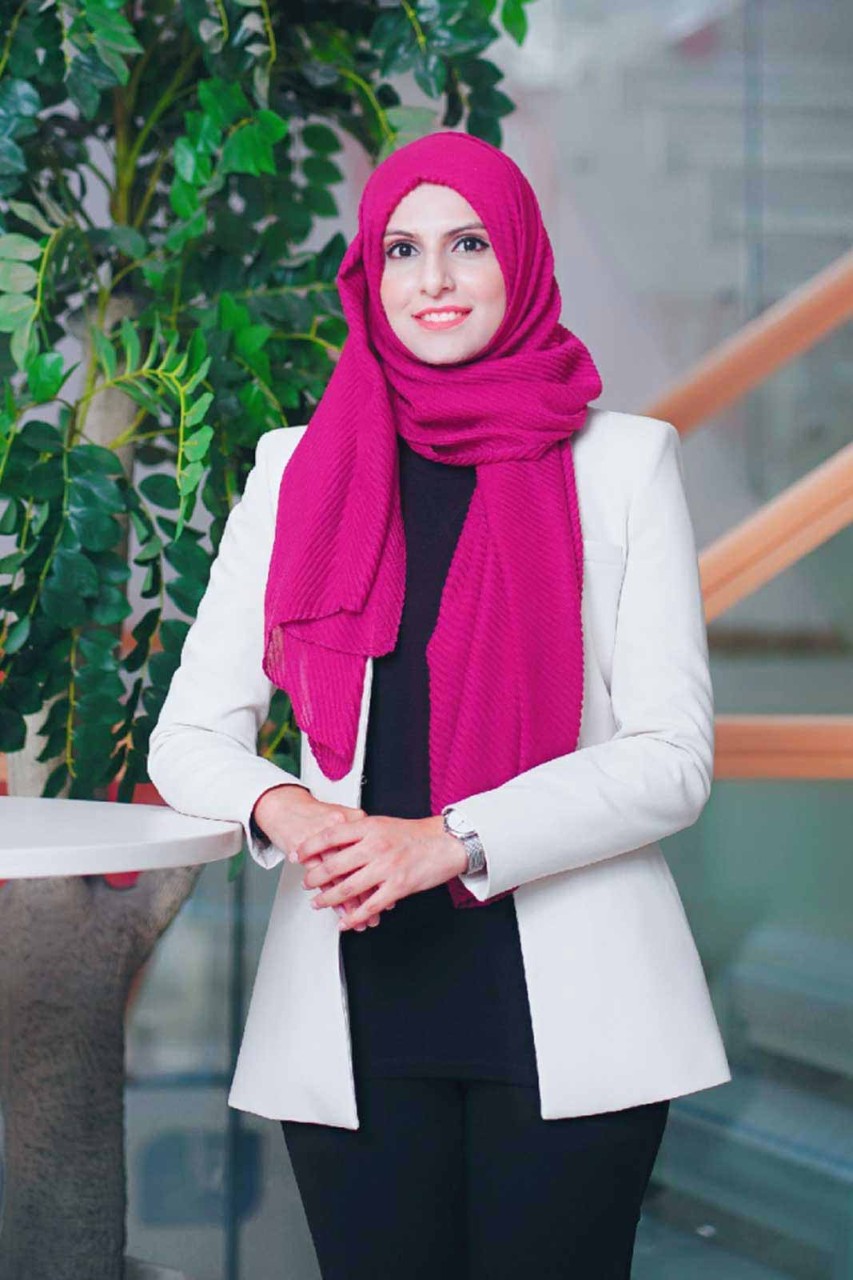
‘Almost overnight, the currency started to depreciate significantly and there was a severe shortage of dollar currency in the market, impacting any business reliant on imports,’ she recalls.
Opportunity to learn
Komal believes that all these experiences have helped her to deliver more strongly in the face of Pakistan’s challenges. She regards the country’s current economic headwinds as an opportunity ‘to learn and do business in a new way’.
Leading a large team of finance and IT professionals, Komal is proud to be working for a company closely embedded in the Pakistani economy. ‘Nestlé Pakistan is a force for good,’ she says. ‘Supporting some 60,000 farmers and the wider community, Nestlé locally sources fresh milk, wheat, rice, fruits and water, with sustainability goals of carbon reduction, water neutrality and plastics reduction.’
In addition to providing employment for around 3,700 people across four factories, the company collaborates with the government’s Benazir Income Support Programme (BISP), through the Nestle-BISP Rural Women Sales Program. The initiative is responsible for financially empowering 2,700 women in rural communities.
‘More than 60% of the Pakistani population live in rural areas,’ Komal explains. ‘Working with BISP and Akhuwat Microfinance, an Islamic charity and interest-free loan provider, we support women to become rural entrepreneurs.’
‘Performance is not enough; you also have to work on the image you’re creating with others’
With Pakistan being an agriculture-based economy, the company also works to upskill local farmers on sustainable farming practices. The aim is to adopt healthy but low-cost options with a lower carbon footprint.
Deliver more
Throughout her career journey, Komal has focused on making a difference. ‘I’ve never limited myself to the job description, or the handover the previous person was giving me,’ she says. ‘Setting no limits on myself, I strive to deliver more than is expected. I want to be the best employee in the company, no matter the role.’
Komal moved to Dubai when still in school and joined EY’s consultancy division there in 2008; this decision offered her the opportunity to gain experience working for a Big Four in the UAE while still a teenager. Often on the move, Komal has worked in regional roles spanning multiple countries. ‘I know that each location will have its unique business dimension,’ she says. ‘However, looking through the lens of solid finance and accounting, and leveraging that knowledge, enables me to drive fact-based decision-making.’
Nestlé Pakistan
PKR163bn (US$562m)
Sales in 2022
21.9%
Year-on-year sales growth in 2022
3,700
Number of employees across four factories and sales offices. Head office is based in Lahore
1988
Year Nestlé Pakistan was founded
Moving from a Big Four advisory practice to a multinational corporation, Komal discovered that the private sector thrives on collaboration. ‘You learn to leverage synergy,’ she says. With that came an understanding that ‘the more you depend on people, the further you go’.
Surrounding herself with mentors, both formal and informal, provided a network of people Komal could go to for insights to help her navigate through a particular task or project. ‘About 11 years ago – quite early in my career – my CFO at the time encouraged me to look beyond my job title and to make a difference for my stakeholders,’ she says. ‘I have held on to that ever since.
‘I am blessed to have several mentors who are part of my leadership journey. I believe it is great if you can tap into someone’s wisdom and benefit from their learning, which can help you appreciate and navigate through your own journey. I’m now doing the same for my team.’
‘If nobody knows the great work you are doing, you are not sharing best practices’
To get ahead as a woman, Komal recommends following the ‘PIE’ theory of success: performance, image and exposure. ‘Performance is not enough; you also have to work on the image you’re creating with others,’ she says. ‘If there is something you would like to change, do it.’
Work ethic
On exposure, she recommends celebrating your successes. ‘If nobody knows the great work you are doing, you are not sharing best practices and thereby, growing your career.’
Komal credits the ACCA qualification with providing her with the knowledge and work ethic that has spearheaded her rise up the corporate ladder. The technical components are well rounded, she says, and the qualification highly regarded: ‘ACCA gave me a strong foundation, and I still leverage that knowledge even today.’
Rising early each day ‘to get ahead’, Komal is clear on her priorities, and accepts that she will be grounded in that moment.
Prayer, meditation and mindfulness help the busy professional stay grounded in the moment. For Komal, maintaining equilibrium is not so much a matter of work-life balance, but more what she calls ‘work-life Jenga’: taking on one piece at a time.
